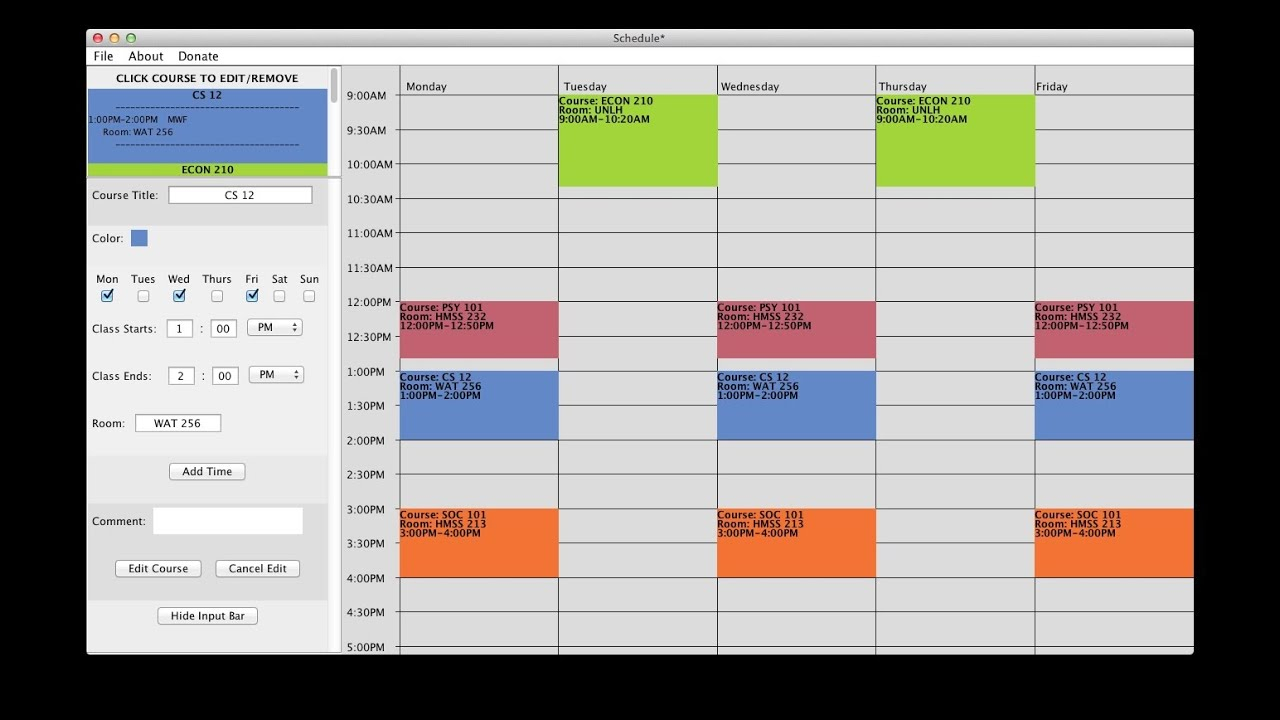

Are you confident with either Java or Python?.Are you familiar with concepts of algorithms, such as sorting and searching algorithms?.Are you familiar with concepts of data structures and object-oriented programming, such as inheritance and polymorphism?.Are you comfortable with computer programming?.To succeed in this course, you should be able to answer “yes” to the following four questions:

An introductory course on Artificial Intelligence, such as Georgia Tech's CS 3600 or CS 6601, is recommended but not required. Suggested Background KnowledgeĪ good course on computer programming such as CS 1332 or Udacity’s CS 101 is beneficial for students. You can view the lecture videos for this course here. For the most up-to-date information, consult the official course documentation. Note: Sample syllabi are provided for informational purposes only. Third, you will be able to use both these practices to address practical problems in multiple domains. Second, you will be able to use this agent to reflect on the process of human cognition. First, you will be able to design and implement a knowledge-based artificial intelligence agent that can address a complex task using the methods discussed in the course. Third, it teaches the relationship between knowledge-based artificial intelligence and the study of human cognition.Īt the conclusion of this class, you will be able to accomplish three primary tasks. Second, it teaches the specific skills and abilities needed to apply those concepts to the design of knowledge-based AI agents. First, this class teaches the concepts, methods, and prominent issues in knowledge-based artificial intelligence. The class is organized around three primary learning goals. More information is available on the CS 7637 course website. The course will cover three kinds of topics: core topics such as knowledge representation, planning, constraint satisfaction, case-based reasoning, knowledge revision, incremental concept learning, and explanation-based learning common tasks such as classification, diagnosis, and design and advanced topics such as analogical reasoning, visual reasoning, and meta-reasoning. Thus, the course puts a strong emphasis on homework assignments and programming projects.

The main learning strategies are learning-by-example and learning-by-doing. The learning goals of the Knowledge-Based AI course are to develop an understanding of (1) the basic architectures, representations and techniques for building knowledge-based AI agents, and (2) issues and methods of knowledge-based AI. The twin goals of knowledge-based artificial intelligence (AI) are to build AI agents capable of human-level intelligence and gain insights into human cognition. David Joyner Course Developer, Instructor


 0 kommentar(er)
0 kommentar(er)
